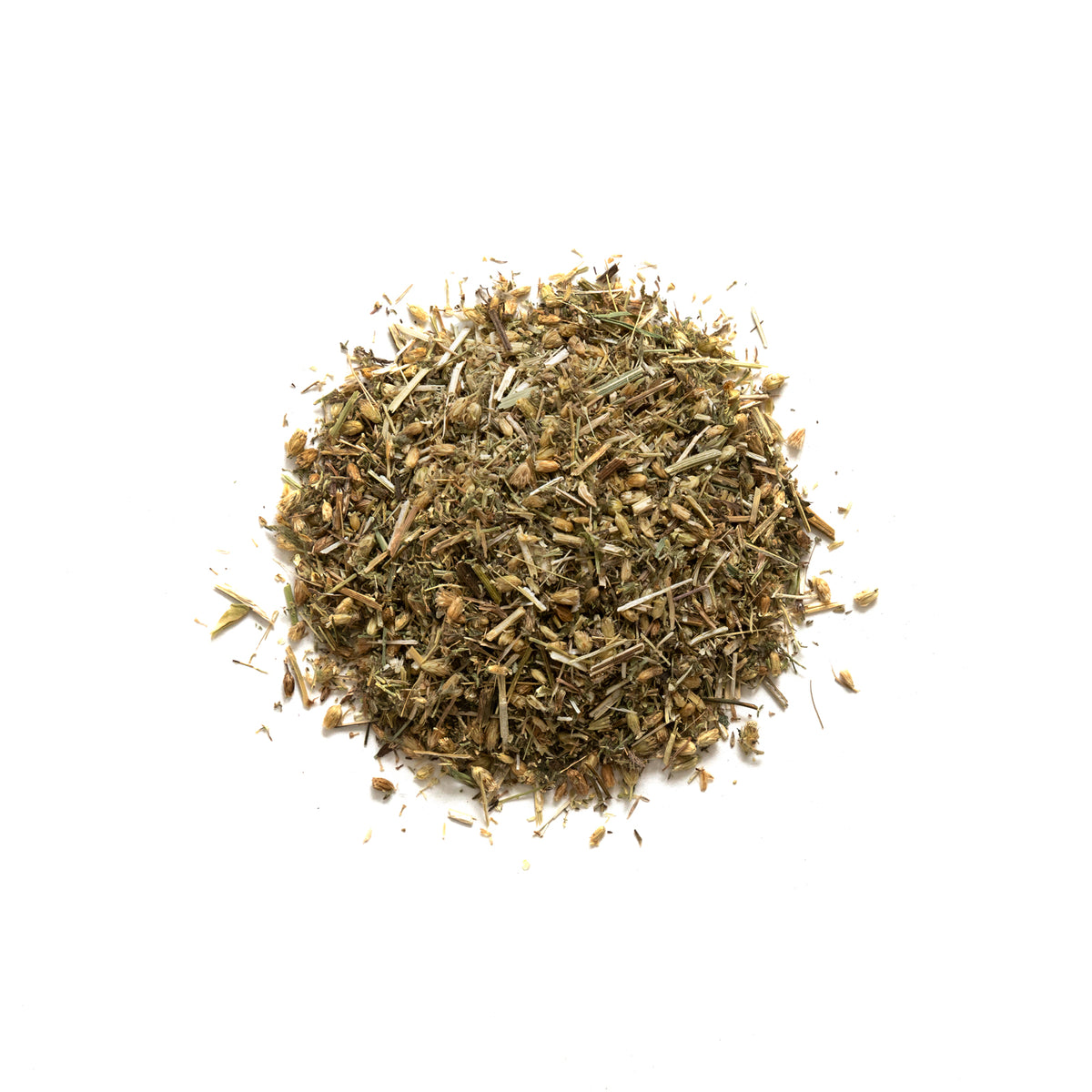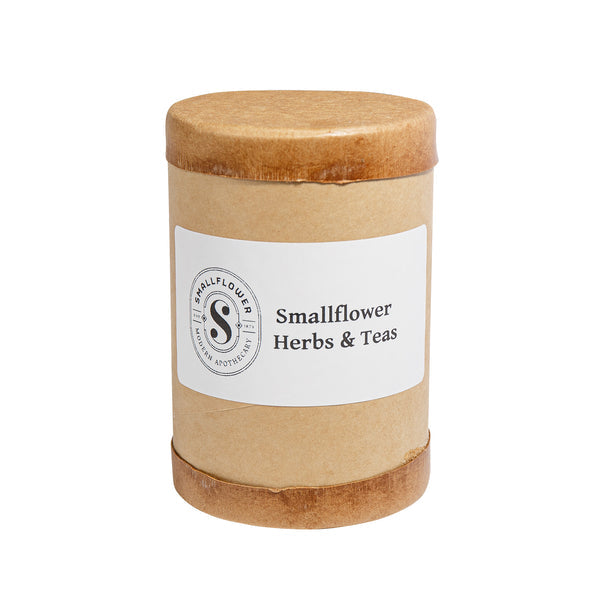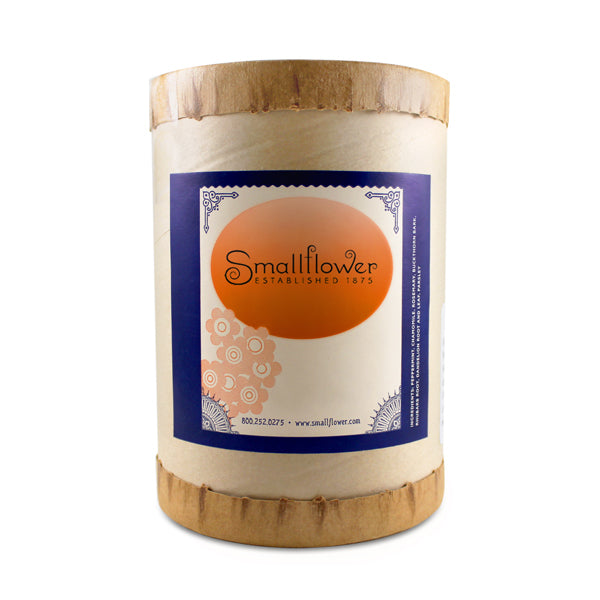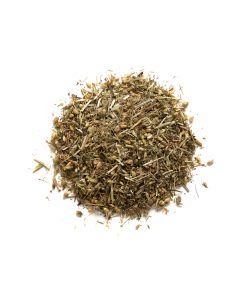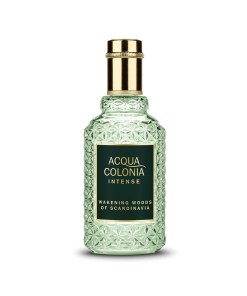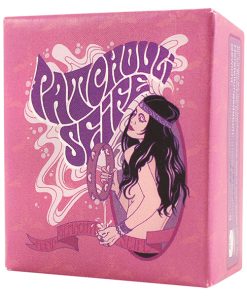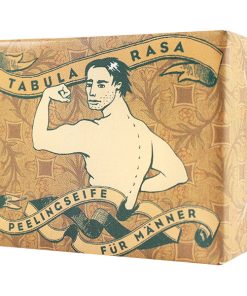Smallflower Yarrow (Achillea millefolium) (8 oz) #11425 Smallflower
$ 19,00 $ 11,40
Yarrow – (Achillia millefolium) is an herbaceous perennial native to Europe and North America and has been commonly found in the United States since colonial times. In the height of its growing season, its flowering stalks can reach a height of over 3 feet, topped with groups of tiny, umbillate blooms that range in color from white and yellow to pale pink and even red. Yarrow has been known by many names over the years: milfoil, old man’s pepper and devil’s nettle, but also a few alluding to wounds and blood, like nosebleed plant, sanguinary, and soldier’s woundwort.
The myth associated with this is that when the god Achilles was born, his mother held him by the ankle and dipped him in a vat of Yarrow tea to protect him from harm. During the Trojan wars, Achilles demonstrated his faith in the herb by using Yarrow to tend to his soldiers’ wounds. The ancient story earned Yarrow its scientific name: Achillia millefolium, and a reputation for having an affinity for the blood and wound healing. These days, dried yarrow more commonly makes a lovely, slightly bitter herbal tea for healthy digestion, womens’ cycle support and overall wellness.
For many centuries, people from all over the globe have found fresh herbs to be a gentle yet effective health-enhancing blessing. These are our own hand packed loose herbs, packaged in old world apothecary style, air tight brown paper canisters to keep light and moisture out, and freshness in. Use in teas, tinctures, and elixirs.
| Size | 8 oz |
|---|
Fast Shipping and Professional Packing
Our long-standing partnership with UPS FedEx DHL and other carriers around the world lets us offer a range of shipping services. Our warehouse employees will pack all goods to our exacting specifications. Your goods are thoroughly checked and securely secured prior to shipment. We deliver to hundreds of thousands of customers each day in different countries. This shows our commitment to become the biggest online retailer on earth. The warehouses and centers of distribution are located in Europe, as well as the USA.
Orders with more than 1 item are assigned processing times according to each item.
We will thoroughly inspect all items ordered before shipping. The majority of orders will be delivered within 48 hours. It is expected that delivery will take between three and seven days.
Returns
Due to multiple parties which include the factory as well as the warehouse, we are unable to effectively manage inventory. The stock levels may fluctuate at any given time. Be aware that it is possible that your order will run out of stock even after you have made the order.
Our policy lasts for thirty days. We cannot exchange or refund your order if it has been 30 days from the date of purchase.
The item you purchase must be in its original packaging and be unused. The item must be in the original packaging.
Related products
Traditional Deodorant
Antiperspirant & Deodorant
Aftershaves
